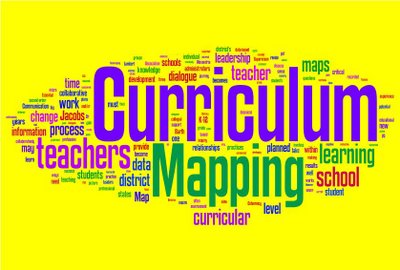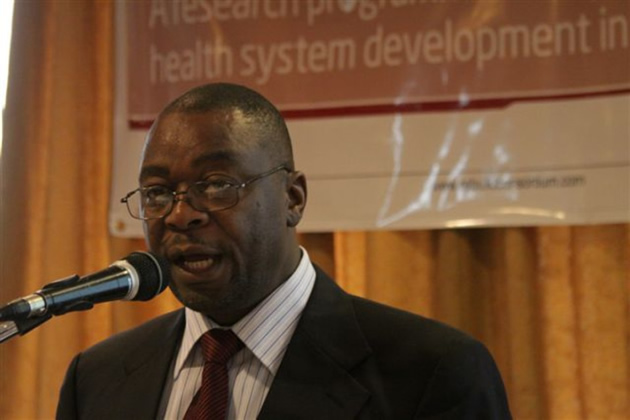Towards a curriculum that looks beyond academics

Elizabeth B. Mupfumira Correspondent
This week, all across the country, children donning their brand new school uniforms, some carrying their trunks, heralded the beginning of a new school year. They carried with them a sense of hope and optimism that the year ahead will yield better education outcomes for Zimbabwe’s children, and ultimately, the country as a whole. Education remains the cornerstone for the socio-economic development of any nation, and a sector that Zimbabwe has always given pride of place as evidenced by the high literacy rates and rising number of university graduates every year.
Yet in order for us to maintain this renowned standard of quality education, and in order for us to translate these educational gains into long-term sustainable benefits for the country, we need to begin to earnestly and adequately invest in expanding the quality education of children across all social spheres.
After a challenging decade, that saw the near breakdown of the sector, Zimbabwe has made remarkable progress in resuscitating the sector, and though menial, Grade Seven and “O” Level results have slowly begun to yield positive results.
These improvements, though highly commendable, now need to be buttressed by a stronger, more needs-driven education system that addresses both the supply and demand side of the sector.
The most promising sign so far has been the beginning of the review of the national curriculum – a process that began 15 years after Caiphas Nziramasanga presented the Presidential Commission of Inquiry into Education and Training, popularly known as the 1999 Nziramasanga Report.
In his report, among other key findings, Dr Nziramasanga strongly recommended that Government take a more 21st century approach to education by, in simple terms, ensuring a continuum of . . . by harmonising what is taught in school with what is required in the real world.
Currently, the Zimbabwe education curriculum is academic heavy, placing great emphasis on academics, thus making it less responsive to the needs of children who are non-academic. Such an approach to education only serves to prejudice and compromise the future of children who are not as strong academically.
One of the key success factors of Zim-Asset is human capital development, a component whose future relies heavily on the education sector.
If we place stronger emphasis on vocational and technical training in our schools, down the line, this will ensure that the future workforce has acquired the skill sets needed to compete, innovate, and respond to complex social, environmental, and economic situations that may present themselves.
As the world sets out to outline the post-2015 Sustainable Development Goals, one of the key goals is to ensure inclusive and equitable quality education and promote lifelong learning opportunities for all. In addressing the unfinished business of the 2015 Millennium Development Goals agenda for education, the “Envisioning education in the post-2015 Development Agenda” drafted by UNESCO and UNICEF, identified a key issue being that education and training were not meeting the needs and demands of all young people to thrive and participate fully in a 21st century society.
As part of the priorities of the post-2015 development agenda, a key recommendation has been to equip children with the skills, knowledge and attitudes to obtain decent work; live together as active citizens nationally and globally; understand and prepare for a world in which environmental degradation and climate change present a threat to sustainable living and livelihoods; and understand their rights.
In a recent conversation with a student at Kutama College in Zvimba the young man spoke optimistically about the prospect of the proposed revised curriculum. “Not all students are gifted academically, and not all students want to become doctors, lawyers and accountants as we have been raised to aspire to in the past,” he said.
“It seems this new revised curriculum is going to widen the options for our future, and that’s really exciting.”
The author is Communications Specialist at UNICEF Zimbabwe. For comments and suggestions, email: [email protected]







Comments